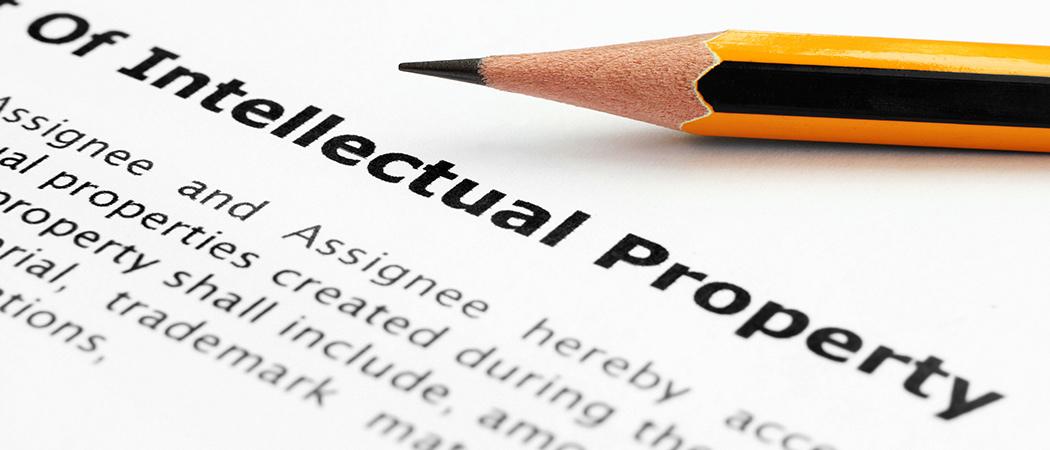Special EU audit finds the system for protecting trademarks, industrial designs and agricultural IP needs reform

The European Court of Auditors criticised the EU for “shortcomings” in its system to protect industrial designs, trademarks, and unique agricultural products – and, the auditors added, appears to charge too much for the service.
In a special report 26 April, a team of auditors said the EU’s system “for protecting intellectual property is not as effective as it could be.” As a result, far from the EU-wide, uniform protection system that’s intended, country-by-country differences in IP protection and enforcement make life easier for counterfeiters, while excessive fees and outdated procedures make it harder for companies to seek protection.
In response, both the Commission and the EU Intellectual Property Office (EUIPO) pushed back against the auditors – with the EUIPO in particular defending its fees.
The report focuses on three main areas of IP: industrial designs, trademarks and geographical denominations like those for unique regional wines or cheeses.
All three types of IP have been under near-constant revision by the European Commission over the past decade, as various interest groups have raised complaints – and in 2020 the Commission, itself acknowledging shortcomings, published a plan for improvement. The auditors noted that IP-intensive industries generate €6.6 trillion a year and employ 29% of the EU-wide workforce, while counterfeit products cost €83 billion in lost sales.
The auditors found, however, that of five member states they checked, only two – Hungary and Lithuania – had put the EU-wide trademark directive into national law as required; France, Greece and Romania have yet to meet the January 2019 deadline for action. The auditors found similar discrepancies in national implementation of other EU IP rules, meaning that the EU-wide IP protections Brussels promises aren’t in fact working as planned.
Further, it said that the agricultural IP rules don’t cover all the types of farm products identified by the World Trade Organisation, and there’s no EU-wide system for registering geographical indications for non-agricultural products such as distinctive local crafts. And, the auditors said, enforcement of IP protection varies too much by country – meaning that counterfeiters can pick and choose among the easiest ports of entry to get ersatz goods into the EU.
And for this system, the auditors said, the EU’s Intellectual Property Office appears to charge too much. It said the agency’s fees for filing and renewing property rights are at least three times those of France (the most expensive member state the auditors checked). The agency had built up a budget surplus by 2020 of €308.75 million – with no clear explanation of how it calculates its fees, and a system of budget oversight that the auditors say needs reform.
Satisfied customers
The EUIPO, however, argues that its success speaks for itself: In the past five years, it said in a response to the auditors, demand for its trademark services has risen 46%. It cited its own customer surveys showing 88% express satisfaction. Regarding its trademark fees, “the sustained increase in demand indicates, in EUIPO’s opinion, that their level and structure do not constitute any obstacle.”
“The EUIPO is a fully self-financed agency, which is not imposing any burden to EU taxpayers. The EUIPO counts on financial autonomy, financing all its activities with the revenue obtained from the fees paid by customers, mainly industries.”
The Commission’s response was along the lines of: ‘we’re working on it.’ It said it is in the midst of revising legislation on designs, and is planning “reforms” on protection of traditional foods. It at present it has limited legal authority to coordinate national customs or other enforcement mechanisms. On fees, it said, “While greater transparency as to cost coverage is of importance, other factors (such as the economic value of an EU-wide IP right granted) are to be taken into account as well.”





 A unique international forum for public research organisations and companies to connect their external engagement with strategic interests around their R&D system.
A unique international forum for public research organisations and companies to connect their external engagement with strategic interests around their R&D system.